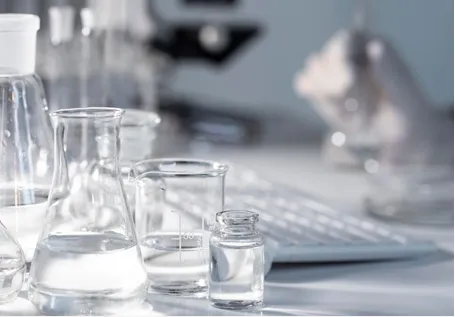Wastewater Treatment Chemicals A Critical Component in Water Management
Wastewater treatment is a crucial process aimed at reducing pollution and protecting natural water bodies. As urbanization and industrial activities continue to escalate, the importance of effective wastewater management becomes increasingly evident. Within this process, various chemicals play a significant role in ensuring that treated water meets safety standards and is suitable for discharge or reuse.
Wastewater Treatment Chemicals A Critical Component in Water Management
Another essential group of chemicals is flocculants, which are used to promote the formation of larger flocs—clusters of particles—that can be removed more effectively. Polyacrylamides are widely used flocculants that improve the efficiency of sedimentation and filtration processes. By improving the settling characteristics of solids, flocculants play a key role in enhancing the overall efficiency of the treatment process.
waste water treatment chemicals

pH adjustment chemicals are also vital. The pH level of wastewater can significantly impact the activity of microorganisms in biological treatment processes. Chemicals such as sodium hydroxide or sulfuric acid are employed to maintain optimal pH levels, ensuring that microbial populations can effectively break down organic matter. This biological treatment phase is often one of the most energy-efficient and effective methods for treating organic pollutants.
Disinfectants are crucial for ensuring that pathogens are eliminated from treated water, making it safe for discharge or reuse. Chlorine compounds, ozone, and ultraviolet (UV) radiation are commonly used disinfectants. While chlorine is effective and widely used, it poses challenges such as the formation of harmful by-products. Consequently, many wastewater treatment facilities are increasingly adopting alternative disinfection methods like UV radiation, which does not introduce harmful chemicals into the water.
Moreover, advanced oxidation processes (AOPs) have emerged as a potent method for breaking down complex organic pollutants that are resistant to conventional treatment methods. Chemicals such as hydrogen peroxide and ozone are used in AOPs to generate hydroxyl radicals, which can effectively degrade many contaminants.
In conclusion, chemicals are integral to the wastewater treatment process, enhancing the removal of pollutants and ensuring environmental protection. As technology advances and regulations become stricter, ongoing research continues to focus on improving the efficacy and safety of these chemicals. Ultimately, optimizing the use of wastewater treatment chemicals is essential for sustainable water management in our growing world.

